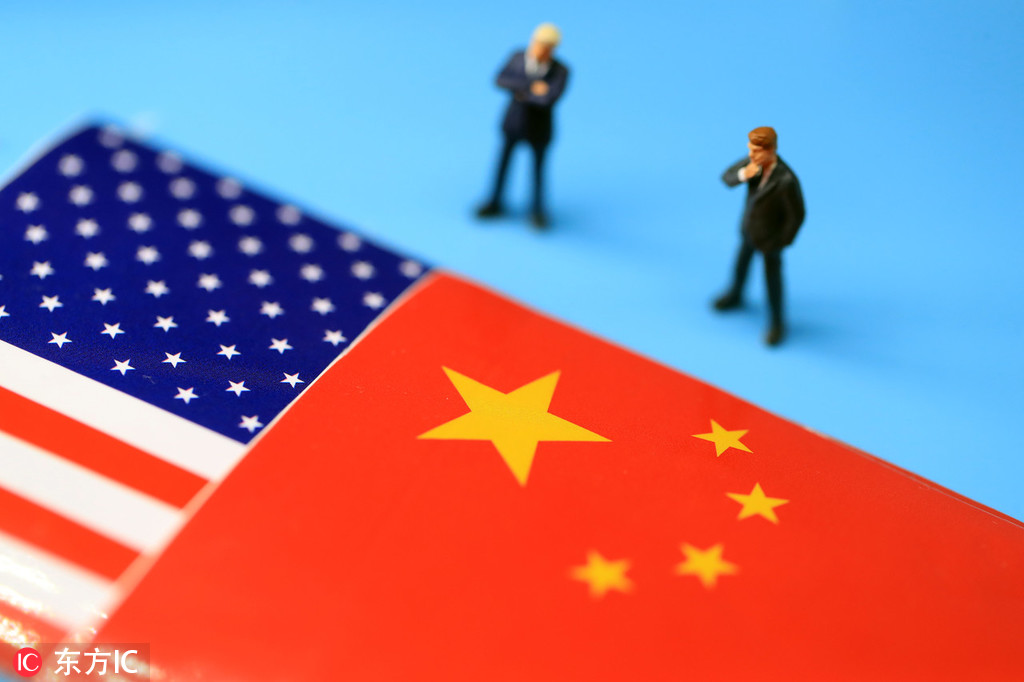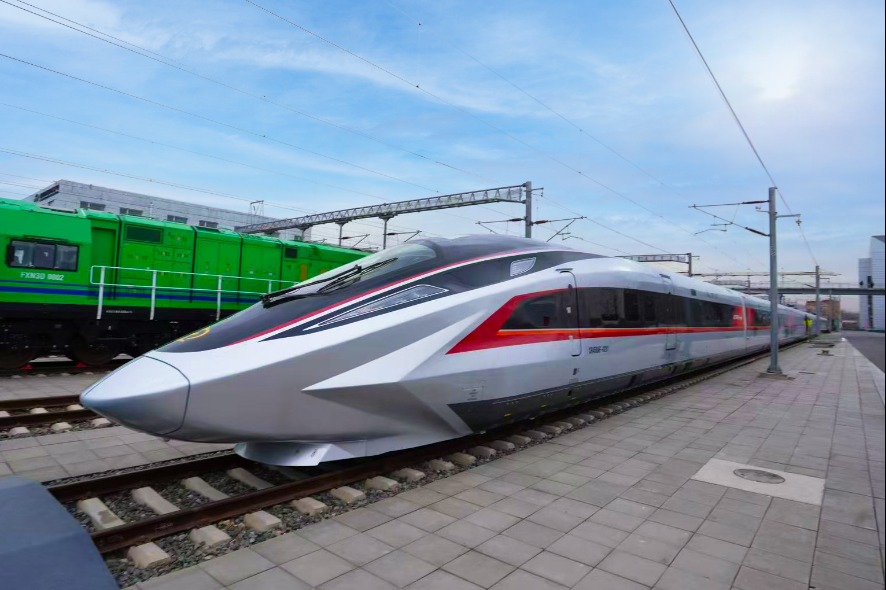China and US should work on strategic partnership


For people who are dedicated to improving China-US relations, the meeting between President Xi Jinping and his US counterpart Donald Trump in Osaka, Japan, on the sidelines of the G20 Summit on June 30 has come as an encouraging sign.
The two leaders agreed to resume trade talks and refrain from taking measures that would escalate the trade war. Trump allowed US companies to continue selling products to Huawei while promising better treatment for Chinese students, saying "we want more Chinese students".
The key message is Trump's remark that "we're going to be strategic partners", which is in sharp contrast to the tough language in the US National Security Strategy report released in December 2017 that described China as a "strategic competitor". Trump's words are said to have upset some China hawks in Washington. And it shows he may not always endorse their hawkish views on China.
Therefore, the meeting between Xi and Trump in Osaka, like their previous meetings, will play a positive role in stabilizing and improving overall bilateral relations, which have deteriorated fast in the past year.
China and the US have made headways in their trade talks in the past year. US Treasury Secretary Steven Mnuchin and US National Economic Council Director Larry Kudlow both said the two sides had agreed on 90 percent of the issues. The remaining 10 percent is said to be mostly fundamental issues. But being able to agree on 90 percent is a phenomenal achievement if we look at how much US Republicans and Democrats disagree on key issues.
Having covered Washington for years, I can give a long list of those issues, from climate change, immigration and abortion to gay rights and gun control. A Pew survey report in February said that Republicans and Democrats have grown further apart on what the US' top priorities should be, such as economy, terrorism and education.
The Sino-US trade frictions have caused great harm to consumers and businesses in both countries as well as the world economy given the interconnected global supply chains. The growing tensions have also made it more difficult for them to join hands in fighting common global challenges such as terrorism, nuclear nonproliferation, global governance and epidemic diseases.
That is probably why David Dollar, a senior fellow at the Brookings Institution and a former emissary of US Treasury to Beijing, and many economists and trade experts have called on the Trump administration to abandon its trade war tactics against China.
Dozens of leading foreign policy experts based in the US, such as former US acting assistant secretary for East Asian and Pacific affairs Susan Thornton and former US ambassador to China Stapleton Roy, have voiced grave concern over the deteriorating bilateral relationship in their open letter to Trump and the US Congress. In the letter published in The Washington Post on Wednesday, they have warned that "US efforts to treat China as an enemy and decouple it from the global economy will damage America's international role and reputation and undermine the economic interests of all nations".
In the past 47 years since former US president Richard Nixon visited China, Sino-US relations have grown by leaps and bounds. Decoupling the two economies will indeed be a colossal mistake and a disaster for both countries and the world. It will be a move on the wrong side of history.
On the other hand, a "strategic partnership" would help keep Sino-US relations on a healthy path and could effectively address the major bilateral issues.
The author is chief of China Daily EU Bureau based in Brussels.
[email protected]

































